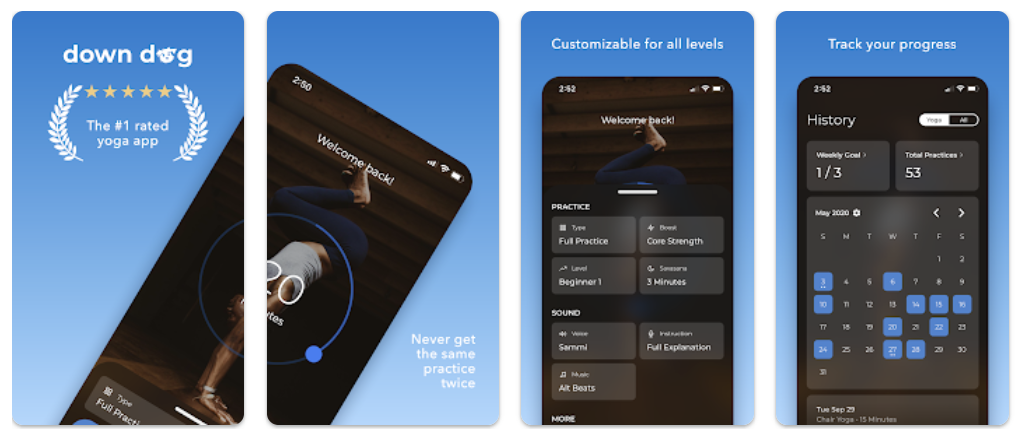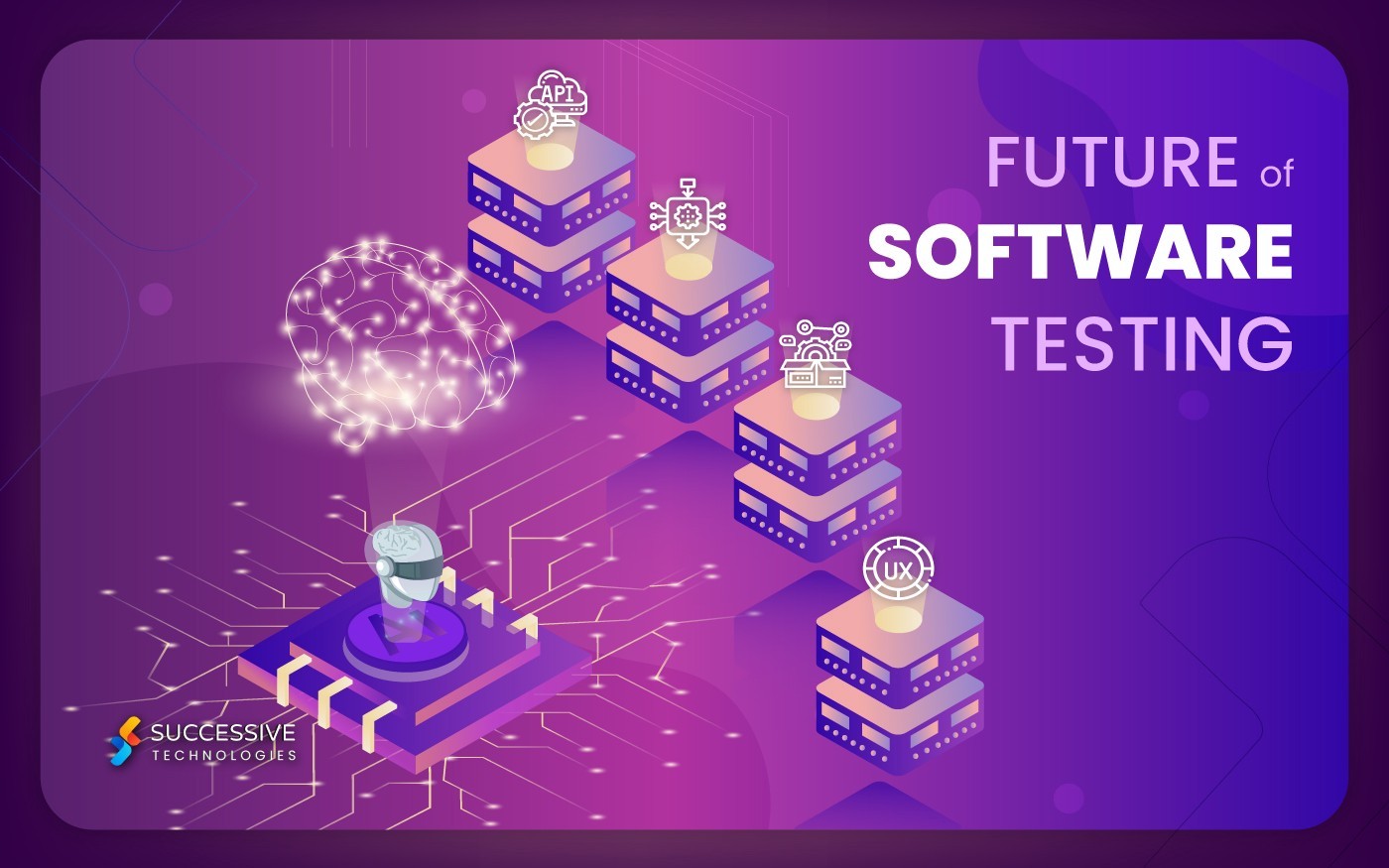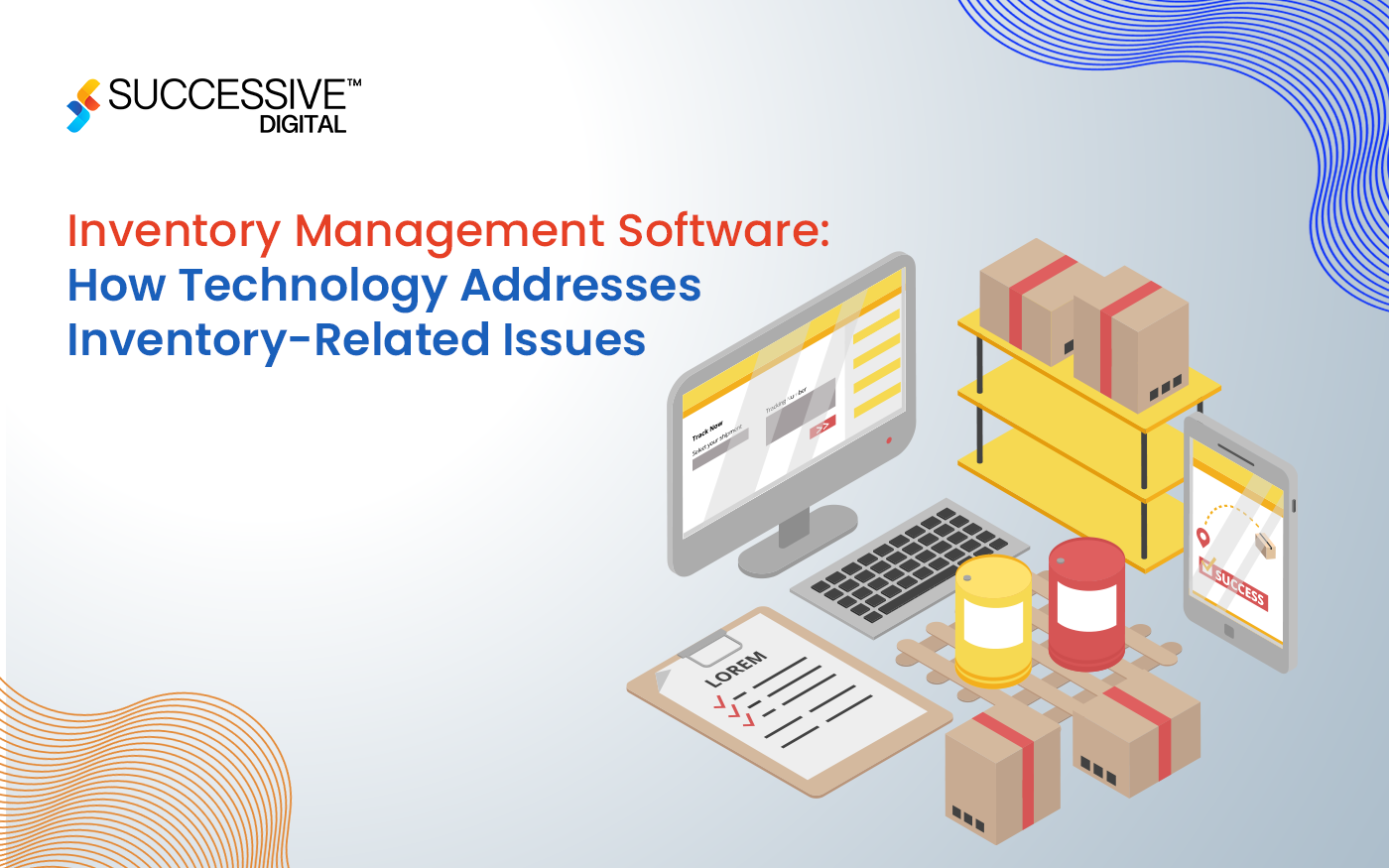For anyone building an Android app today, there are few languages as efficient and easy to use as Kotlin.
Before Kotlin came along, Java used to be the preferred language for Android app development. But in 2017, Google began supporting Kotlin in its Android Studio IDE. This prompted many developers to adopt Kotlin instead of Java.
Since 2019, Kotlin is Google’s preferred language for Android app development. And while C++ and Java are still widely used, Kotlin has become a much-beloved programming language in its own right. According to StackOverflow’s 2021 Developer Survey, Kotlin is the 8th most wanted language among all best programming languages and third among languages used for Android app development (after JavaScript and C++).
Google’s support is one of the factors that make using Kotlin for Android app development an obvious choice; Android development tools, libraries, documentation, and more come with in-built support for Kotlin users.
But there are a lot more reasons why Kotlin has become a leader in Android development. Let’s find out more about why so many brands and developers are opting to develop native Android apps using Kotlin.
Why you should use Kotlin for Android app development
Developed by JetBrains, Kotlin is an open-source, statically-typed programming language for JavaScript and Java Virtual Machine (JVM). It’s used by several big brands like Uber, Pinterest, Trello, and Twitter.
Kotlin attempts to solve many of the challenges developers face with older languages like Java. Java is verbose, throws frequent errors due to NullPointerExceptions and nullability, and poses the risk of memory leaks due to the way inner classes are implemented. Kotlin is both simpler and more powerful than Java. It also has some standout features that set it apart from modern frameworks like Flutter, such as its better performance and scalability.

These are some of the advantages you get when you choose to develop native Android apps using Kotlin:
1. Concise code
Code written using older languages like Java can be repetitive. Java often requires many lines of code to be written in a particular sequence to get anything done. Kotlin is more concise, requiring fewer lines of code to achieve the same objectives. This means developers can spend less time writing boilerplate code and more time solving more critical problems that impact the project’s success.
Code written using Kotlin is expressive and easily readable, with a clean syntax. This helps improve the maintainability of code.
The smaller code volume means that Android apps developed using Kotlin are smaller. Fewer lines of code also make it easier to catch errors in the code and allow a faster rate of production.
All this makes Kotlin very well suited for large and complex app development projects.
2. Enterprise-ready technology
Kotlin is a mature technology that has been in development since 2011 and was designed to solve particular problems that older technologies could not address. This makes it very well suited for enterprise applications, as it was created for use in the enterprise space. It’s also been tried and tested by many app development companies in a variety of applications.

Now, as it comes integrated with Android Studio, it offers an excellent IDE and tooling support from Google. This has further spurred Kotlin’s adoption in the Android ecosystem.
With two leading organizations invested in the growth of Kotlin, it’s safe to say that the future of Kotlin is secure, with many planned new features and libraries to come, and more sharing of resources across the community of Android developers. This means that brands developing native Android apps using Kotlin are guaranteed to receive the updates and support they might need — making Kotlin a future-proof investment.
Also Related: Choosing Your Cross-platform Mobile App Development Framework: React Native vs. Flutter vs. Ionic
3. Code safety
Older languages like Java can be quite error-prone. The NullPointerException (NPE) in Java is behind most of the crashes in Android apps. Correcting these and preventing them from recurring is a time-consuming and expensive endeavor.
But when using Kotlin, this is no longer a challenge.
Kotlin avoids common errors like NullPointerExceptions. The Kotlin compiler also performs a number of checks, allowing the app to fail fast so that errors can be rooted out and eliminated. This leads to higher code safety as well as increased developer productivity. Because of this, using Kotlin for Android app development results in apps that are secure, reliable, and error-free.
4. Java interoperability
Did you know that you can use Kotlin functions in your existing Java project, along with all your Java code? Or vice versa — you can easily and smoothly call your Java code from your Kotlin app.
Android app development using Kotlin is extremely easy and convenient because Kotlin is designed to be fully backward compatible with Java. So instead of rewriting your Java application in Kotlin, you can mix and match code as needed without your app breaking. You can then choose to convert the Java code to Kotlin code later.
Also Read: Choosing the Best Programming Language for Android App Development: Kotlin vs. Java
5. Multiplatform development support
If you need to build multiplatform apps, Kotlin Multiplatform has you covered.
You can reuse and share code between platforms to save development time and effort. With a single codebase and Kotlin’s easy-to-learn syntax and concepts, there’s no need to introduce a second language at all for writing platform-specific code. This also drastically simplifies application maintenance efforts.

Health and fitness startup Down Dog used Kotlin to unify the code for its iOS and Android apps.
Kotlin supports development for JavaScript, Android, Linux, Mac, Windows, and many other platforms, and boasts a growing multiplatform library ecosystem, with libraries such as Ktor, SQLDelight, Apollo, and Koin having adopted Kotlin Multiplatform.
Must Read: The Ultimate Guide to iOS App Development
6. Ease of use
In developing Kotlin, JetBrains ensured that Java users would find it very easy to switch to Kotlin. Kotlin is simple and similar to Java in many ways, so Java developers can pick it up in a matter of hours.
This helps to lower a critical barrier to adoption and makes it very easy for mobile app developers to get started with developing native Android apps using Kotlin. It also helps lower the cost of migrating to Kotlin for enterprise applications.
7. Lower development costs
Because of its brevity and higher code safety, Android apps developed using Kotlin have higher code quality and a shorter development cycle. Because of better readability, developers can modify the code more easily. This means that bugs are caught earlier in the development cycle, and crashes and failures can be minimized.

In this way, Android app development using Kotlin allows enterprises to shorten project timelines and lower the costs of development as well as ongoing maintenance.
Kotlin is the best choice for Android development
Kotlin 1.7.0 was released in June 2022. With this update, the new Kotlin K2 compiler is now in alpha, bringing with it significant performance improvements and a number of bug fixes. At the moment, this only works with JVM projects.
Another significant update is the reworked approach to incremental compilation in Gradle, which eliminates previous limitations. Subsequent releases of Kotlin will be aimed toward improving the stability of the compiler and adding new features.
Kotlin is a developer-friendly language that offers many advantages. Using a modern language like Kotlin helps improve developers’ efficiency and productivity. And as it is open-source, developers using Kotlin for Android app development can expect to receive timely support from others in the community.
For enterprises that are looking for a robust, scalable, and secure Android app development technology to support their business goals, Kotlin is the undisputed choice today.
Read Next: Launching Web Apps with Flutter: A Comprehensive Guide












